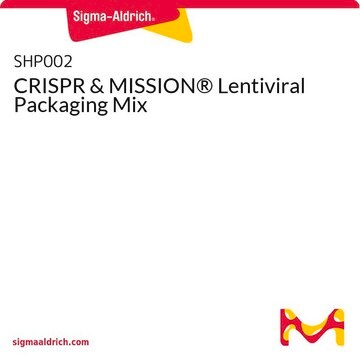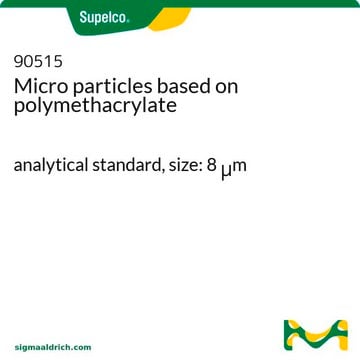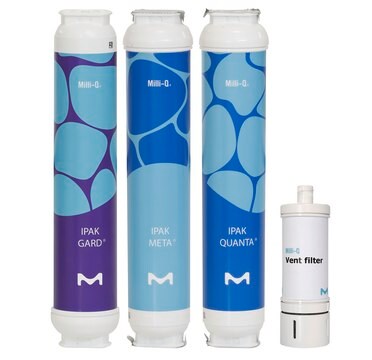MABS496
Anti-Mineralocorticoid Receptor Antibody, clone 6G1
clone 6G1, from mouse
Synonym(s):
MR, Nuclear receptor subfamily 3 group C member 2, Mineralocorticoid Receptor
About This Item
Recommended Products
biological source
mouse
Quality Level
antibody form
purified immunoglobulin
antibody product type
primary antibodies
clone
6G1, monoclonal
species reactivity
rat, mouse
technique(s)
immunocytochemistry: suitable
immunohistochemistry: suitable
western blot: suitable
isotype
IgG1
NCBI accession no.
UniProt accession no.
shipped in
wet ice
target post-translational modification
unmodified
Gene Information
mouse ... Nr3C2(110784)
General description
Specificity
Immunogen
Application
Immunocytochemistry Analysis: A representative lot detected Mineralocorticoid Receptor in mouse kidney cells (Shibata, S., et al. (2013). Cell Metabolism. 18:660-671).
Western Blotting Analysis: A representative lot detected Mineralocorticoid Receptor in rat hippocampal tissue lysate (Gomez-Sanchez, C.E., et al. (2006). Endocrinology. 147(3):1343-1348).
Western Blotting Analysis: A representative lot detected endogenous Mineralocorticoid Receptor (MR) in mouse kidney and exogenously expressed human MR in transfected COS-7 cells (Shibata, S., et al. (2013) Cell Metab. 18(5):660-671).
Quality
Western Blotting Analysis: A 1:1,000 dilution of this antibody detected Mineralocorticoid Receptor in 10 µg of M1MR cell lysate.
Target description
Physical form
Other Notes
Not finding the right product?
Try our Product Selector Tool.
Storage Class Code
12 - Non Combustible Liquids
WGK
WGK 1
Flash Point(F)
Not applicable
Flash Point(C)
Not applicable
Certificates of Analysis (COA)
Search for Certificates of Analysis (COA) by entering the products Lot/Batch Number. Lot and Batch Numbers can be found on a product’s label following the words ‘Lot’ or ‘Batch’.
Already Own This Product?
Find documentation for the products that you have recently purchased in the Document Library.
Our team of scientists has experience in all areas of research including Life Science, Material Science, Chemical Synthesis, Chromatography, Analytical and many others.
Contact Technical Service







